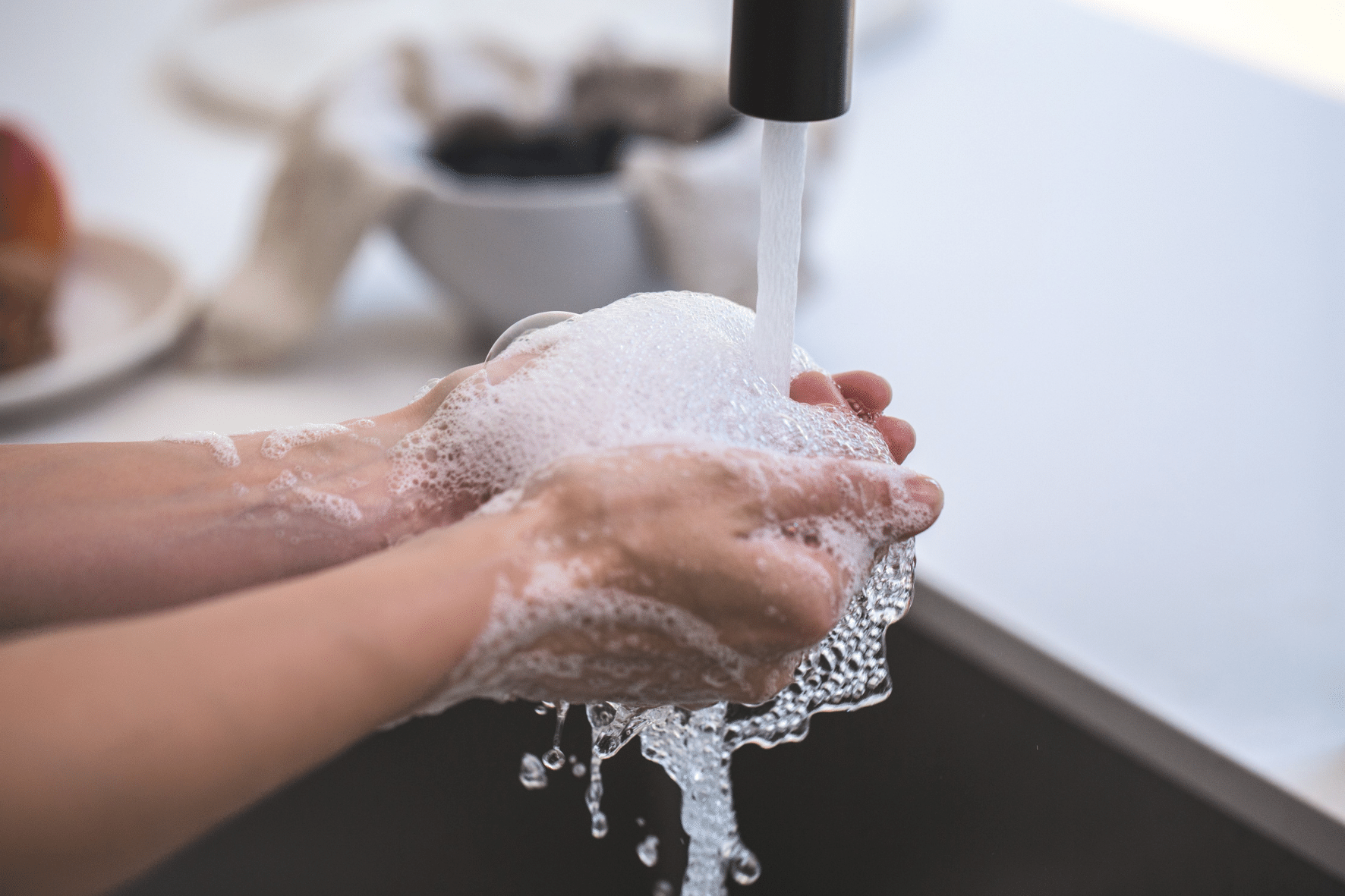For over a year, the Covid-19 pandemic has changed life for several billion people around the world. A dramatic, disastrous situation with a high mortality rate and one to which we in Western countries had become unaccustomed. The major plagues, cholera, poliomyelitis and other scourges, were part of a distant past, largely forgotten thanks to the improvement of individual and collective hygiene.
Front-line weapon in the fight against this scourge, unimaginable just a short while ago, is your soap! Yes, that’s right. SARS-CoV-2 and other variants of the virus responsible for Covid-19 are destroyed when we wash our hands with a basic cosmetic product. In terms of primary health care, liquid hand soap, shower gels and other cosmetic cleaning products rank among the totally effective weapons to eliminate the virus and reduce its spread. They are basic necessities whose imperative and daily usefulness - outside the context of the pandemic – had been forgotten: they ensure hygiene.

Practising good personal and home hygiene is one of the main elements of the principle of targeted hygiene recommended by the IFH (International Forum of Home Hygiene). This concept highlights nine key moments and places for hygiene action. Using detergents or disinfectants at these key moments will break the chain of infection and avoid the risk of spreading infections, both during a health crisis and at other times. Seven of these nine moments require the use of a cosmetic! What further proof is needed?
In Belgium, the VAT rate on basic necessities and social services (food, medication, passenger transport, etc.) is reduced to 6%. These are products and services that are essential for society. Clearly, the most basic hygiene is not. You will look in vain for cosmetics in the list of products deemed to be necessary by those who govern us. They are simply not there. Cosmetics are not imperative! It doesn’t matter that the importance of hygiene for public health in our modern societies has been scientifically proven: cosmetics suffer instinctive discrimination. They are ‘trivial’ products. The Belgian tax system sends out a clear message: cleanliness, a decisive factor in hygiene, is not a basic necessity. In Belgium, dirtiness is no doubt preferable to malnutrition. That’s regrettable. A healthy society is based on a basic quality of life, of which the cornerstones are cleanliness, nutrition and hygiene. So the discrimination against cosmetics is astonishing.
A European survey shows that 80% of consumers say cosmetics have a positive effect on how they feel. 72% say the products they use improve their quality of life and 71% consider them to be important in their daily life. The Covid-19 crisis has reminded us of the importance of the psychological aspect of health. Cosmetics play an essential role in our self-esteem and in social interaction, even and especially when this is virtual. The need for beauty care, whether at home or by the beautician, has definitely made itself felt, becoming a clear factor that cannot be ignored or neglected. But we didn’t need a pandemic to reach a conclusion like this. Several studies conducted in Germany have highlighted the important role of cosmetics in the psychology and well-being of young people. 85% of the young people questioned (aged between 14 and 21) use cosmetics on a daily basis in order to make them feel more “self-assured”. While deodorants play a major role, 64% of young people do not want to make a negative impression when appearing in society and use cosmetic products to conceal the unattractive side effects of puberty. Hence the popularity of these widely disparaged “decorative cosmetics”. 77% of these young people also believe that hair care and hair styling are important for their social life as this enables them to remain themselves and control their image. 63% of them use shampoo every day and 40% a styling product. How can such eloquent figures be ignored?
However we look at it, there is no getting away from the fact that these products, which have a reputation for being pointless and trivial, play an essential role in maintaining our physical and mental health, and even in prevention. They are, admittedly, not medicines with therapeutic properties, but they definitely play a vitally important role, far removed from the reputation for triviality that they unfortunately seem unable to shake off. Physical and mental well-being is a condition of a healthy individual and many cosmetics are essential catalysts in achieving this.
How many cosmetics do you use every day? That’s a good question! When you count them up, from toothpaste to soap, deodorant, moisturiser or sun cream, shaving foam, body milk and other products, the list soon grows... And that speaks for itself. So cosmetics are trivial? Only SARS-CoV-2, if it could talk, would still try to convince you of that!